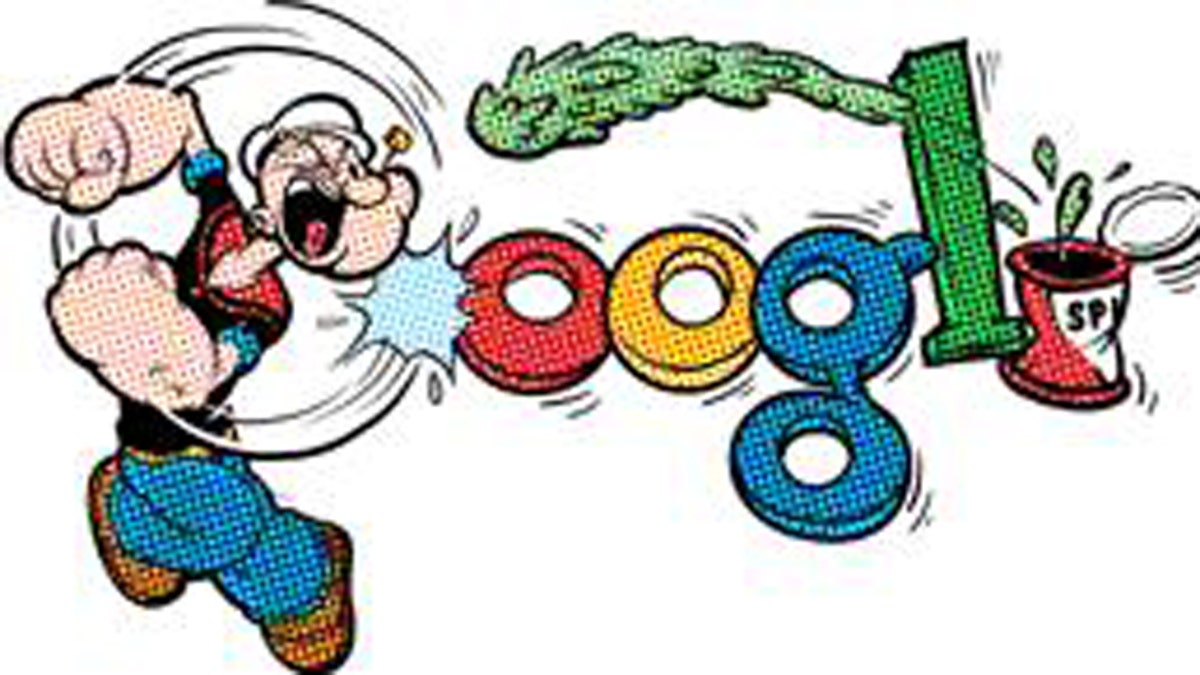
(Google)
For a company that's synonymous with one product--the world's most popular search engine--Google is far from a one-product company. Actually, it's a veritable idea factory, in part because it lets employees spend twenty percent of their time on pet projects. When it comes to new services, the Google philosophy is simple: When in doubt, try it out.
Some Google side projects, such as Gmail and Google Maps, are blockbusters in their own right. The jury is still out on others, such as the Twitter-like Google Buzz. And then there are the hits-of-the-future, low-profile winners, and interesting works in progress, such as the seven services below.
With them, you can use Google to...
Tame your telephone. For busy people with multiple phones, Google Voice may be Google's second most indispensable service after its namesake search engine. It gives you a new phone number in an area code of your choice that can ring all your phones at once, so you're never out of touch.
Unless you want to be out of touch, that it is: Voice also screens calls for you, so you know who's on the line before you say "hello." It converts spoken voicemail into text e-mails and lets you send and receive text messages without paying your wireless carrier. And here's another remarkable feature: It's free. (There are two for-pay options: cheap international dialing and conference calls.)
Google Voice is currently in a period of private beta testing, so you can't stroll in and sign up immediately--you need to request an invitation to join. But you shouldn't need to wait long before Google lets you in on the fun.
Find stuff to buy. Google Product Search has been around for eons--it used to be called Froogle--without ever becoming a household name. It deserves more glory: It's a handy tool for searching for products for sale online and at local stores, particularly stuff that's a little offbeat.
Product Search feels a lot like regular Google search, but with shopping-centric features such as price comparisons and the ability to find free shipping deals and identify nearby retailers. Rivals such as Milo are also worth investigating, but if you're searching for something you want to buy, it's almost always better to start at Google Product Search than at plain old Google.
Visit the world's biggest newsstand. Google Books is the company's wildly ambitious, controversial attempt to digitize millions of tomes so they can be searched and read online. As far as I'm concerned, though, it's misnamed: My favorite thing about it is the treasure trove of magazines it offers. You can rummage through a vast repository of everything from Popular Mechanics to the World Weekly News. And the complete collection of LIFE is as good a record of what happened in America in the 20th century as you'll find anywhere.
Explore history through photos. Speaking of LIFE, another dazzling Google feature--the LIFE photo archive--lets you burrow through the legendary photo magazine's collection of images, including ones from masters such as Alfred Eisenstaedt. And you won't just find the photographic gems that reached LIFE's pages: The archive includes millions of wonderful images that have never been available anywhere until now. You can use photos from the collection for personal, noncommercial projects such as homework assignments, and they're at high enough resolutions that they look good as printouts.
Zip through the news. For all the power of the Web as a source of news, it's not as skimmable as a well-designed newspaper, and you can't surf between multiple providers of information anywhere near as quick as a TV remote control lets you channel-surf.
Enter Google Fast Flip, a Google News feature that allows you to effortlessly and instantly scroll between news stories from an array of major magazines, newspapers, and other providers without ever leaving Google News. Stories retain the photos, layout, and other design elements of the originating source, and you can browse by source, news subject, or categories such as Politics and Entertainment.
Call for local info. Calling your phone company's 411 service can be pricey. Google's GOOG-411 (that's 1-800-466-4411) is free and fully automated. It lets you speak to find businesses by name or by category--such as Chinese food in Boston--and then get connected directly. It's particularly useful if you don't have a fancy-schmancy smartphone with a Web browser, but if you do, you can get a link to a map delivered via text message. Downside: It only helps with business information, not residential addresses.
Organize a research project. Google Squared is an experimental service that looks a lot like standard Google search. But instead of returning a list of links, it gives you "Squares"--spreadsheet-like grids that organize information and images into rows and columns. You can create Squares for subjects ranging from purebred dogs to subcompact cars, then customize them, save them for future reference, and share them with your pals.
I'm not sure if this is the future of search engines--some Squares make more sense then others, and Squared is sometimes just plain confused, like when it says that Nightline originates in New Zealand. But it's still a fascinating glimpse at one direction Web research may go.
Want to track down more of Google's lesser-known services? For a company whose mission is to help people find things, it does a surprisingly shaky job of helping us locate its own offerings. Here's one extensive-but-incomplete list of Google services; here's a separate list of Google Labs experiments (some of which aren't that experimental). Both include additional not-so-famous items--if you try any of them out, let us know what you think.
Harry McCracken blogs at Technologizer, his site about personal technology. He's also the former editor in chief of PC World. Follow him on Twitter as @harrymccracken.
